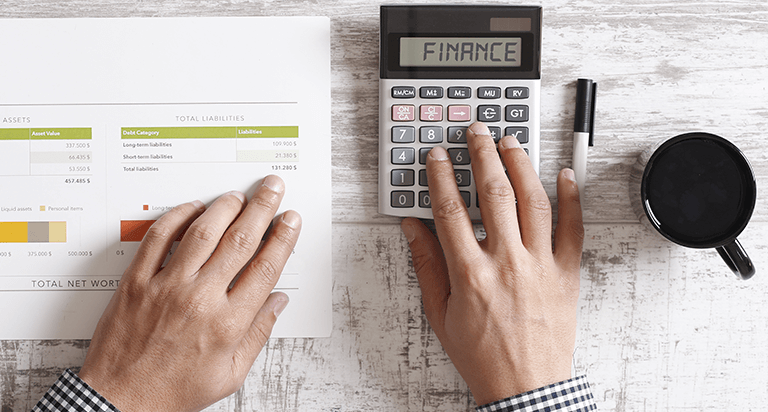Establishing Credit When You Don't Have Credit History
Reading time: 3 minutes
Highlights:
- Consider a secured or student credit card or secured loan
- You can become an authorized user on a credit card account, or get a co-signer
- Remember that building a credit history takes time
It’s a situation many young adults face when they’re just starting out – how to establish credit when you don’t have a credit history. After all, you can’t show that you’ve demonstrated responsible credit behaviour when a lack of credit history means you can’t get credit – meaning a loan or a credit card. There are, however, a handful of options when you’re just starting to establish responsible credit behaviours.
Consider a secured or student credit card. A secured credit card requires you to make a deposit up front, possibly the same amount as your credit limit. You can use secured credit cards just like an unsecured credit card – to make purchases and make regular payments. If you fail to pay the balance of a secured credit card off each month, it will incur interest. And when you close the account, you receive your deposit back, minus any outstanding balance and fees.
Because a secured credit card is meant to help a consumer establish a credit history, it’s not meant for long-term use. Ask whether your credit card company reports to the two nationwide credit bureaus – Equifax and TransUnion. If they do not, the credit card account will not help establish a credit history.
If you’re a student, some credit card companies also offer student credit cards, which are designed to help students build credit. You usually have to be a student to qualify – many, but not all, companies require applicants to provide school information.
In addition, many large banks and credit card companies offer credit cards with low credit limits to consumers establishing their credit. Some require an annual fee. Ask whether the credit card company reports to the credit bureaus. If your account is not reported to credit bureaus, it won't help you establish a credit history.
Think about applying for a secured loan. A secured loan is a loan backed by an asset that you own, such as a vehicle. A secured loan may carry lower interest rates and may offer larger loan amounts than an unsecured loan. But if you don’t make payments as agreed, you could lose the asset. You can ask whether the lender reports your loan payments to credit bureaus, as that's the only way the loan will help build a credit history.
Consider becoming an authorized user on a credit card. As an authorized user on someone else's credit card account, you’ll receive a credit card in your name, linked to the primary account owner’s credit card account.
Authorized users aren’t responsible for payment on the account, but how the primary account holder pays the account may be reflected in your credit history. It’s important to know who you’re becoming an authorized user with, whether they have responsible payment behavior and whether the account has a positive history.
Before you become an authorized user, you (or the primary account holder) may want to consider contacting the credit card company to determine if they report information about authorized users to the two credit bureaus. If not, the account won’t help build a credit history for an authorized user.
Use a co-signer. A co-signer is a person who agrees to be legally responsible to pay a debt if the borrower does not pay back a loan as agreed. One common scenario is for parents to co-sign on a car or student loan. Benefits of getting a co-signer may include better loan terms or qualifying for a loan you might not otherwise get.
However, it’s not an agreement to enter into lightly. Failing to make payments on the loan can impact both you and your co-signer.
Establishing a credit history takes time, so don’t expect things to change dramatically overnight. But month by month, responsible credit habits will translate into a positive credit history.
Once you do establish a credit history, it's important to regularly check your credit reports to ensure the information being reported to the credit bureaus is accurate and complete.

